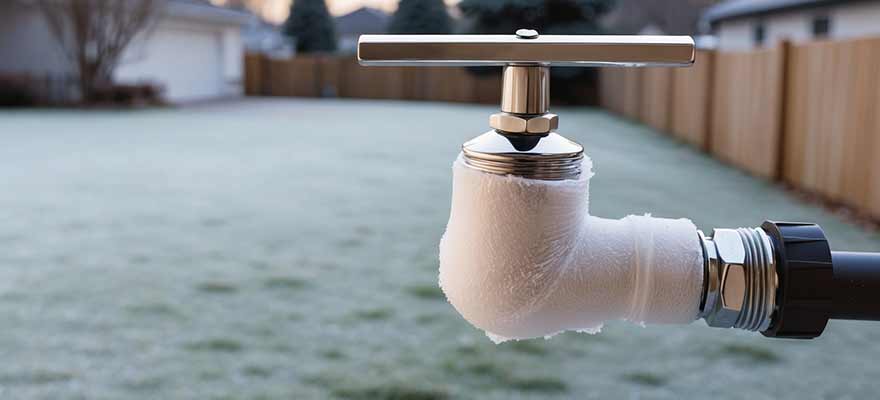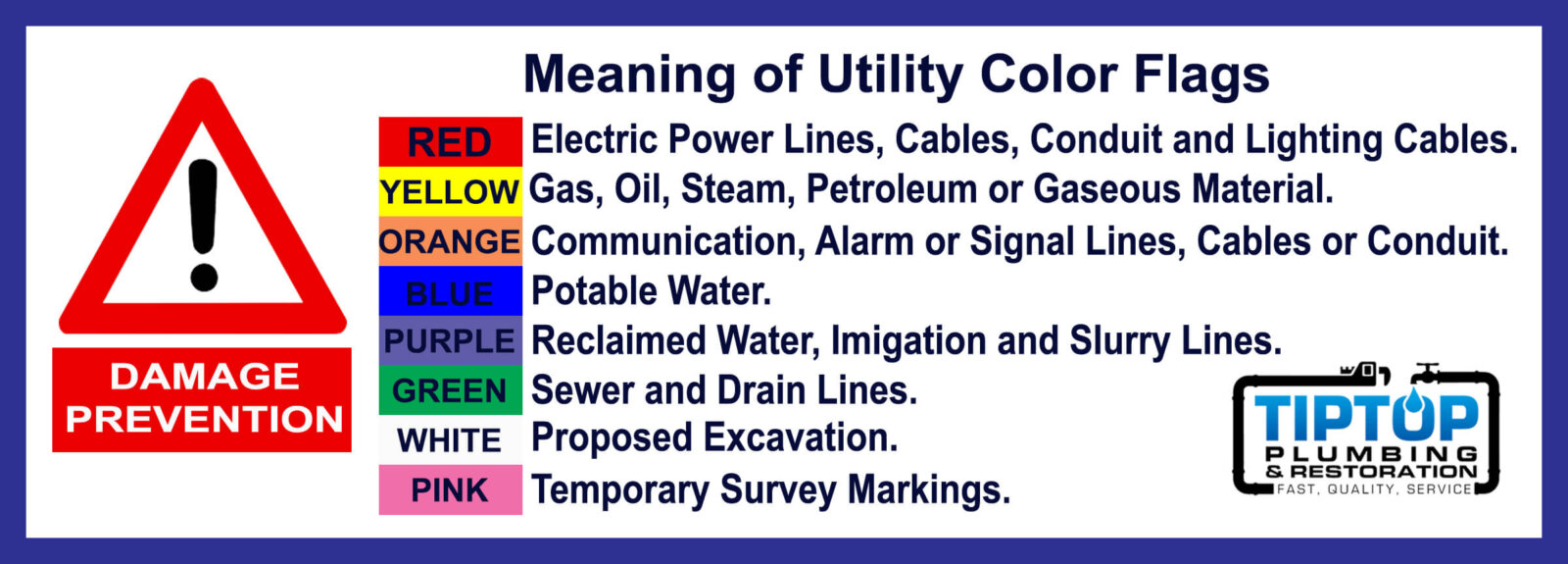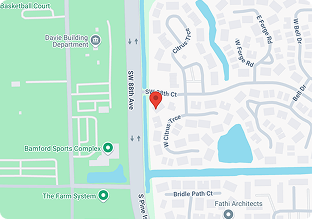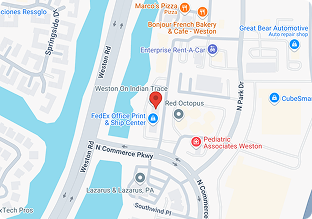When winter approaches, one common advice is to leave outdoor faucets dripping to prevent pipes from freezing and bursting. But is this really necessary in a warm place like Broward County, Florida? While the need to leave faucets dripping is often linked to freezing temperatures, understanding when this is advisable can save you from water waste and higher bills.
In this guide, Tip Top Plumbing & Restoration will guide you when to follow this practice and how to protect your plumbing during colder weather.
When Could It Be Necessary to Leave Faucets Dripping?
Although Broward County usually enjoys warm winters, occasional cold fronts can bring temperatures close to freezing. If temperatures drop to 32°F or below, outdoor pipes and faucets are at risk of freezing, potentially causing them to burst. In these rare instances, leaving your faucets dripping can help relieve pressure inside the pipes, lowering the chance of freezing and the resulting damage.
While freezing is uncommon in South Florida, it’s wise to monitor weather forecasts during the winter. If the temperature is predicted to fall to freezing or below, letting your outdoor faucet drip could prevent major plumbing issues.

Risks of Leaving Faucets Dripping
Leaving faucets dripping may seem simple, but it comes with risks, especially in warmer climates like Broward County. Here are a few potential downsides:
- Water Waste: Continuously dripping faucets can waste significant amounts of water, leading to higher utility bills, especially if done unnecessarily during mild winters.
- Excess Moisture: Prolonged dripping can create excess moisture around your home, potentially leading to mildew, mold, or foundation issues, particularly in humid environments like South Florida.
- Wear and Tear: The constant drip can cause extra wear on faucets and plumbing components, shortening their lifespan.
Alternatives to Leaving Faucets Dripping
While leaving faucets dripping can prevent freezing, it’s not always the best or most efficient solution—especially in Broward County, where freezing temperatures are uncommon. Here are some effective alternatives to consider:
- Insulating Pipes and Faucets: Wrap outdoor pipes and faucets with insulation or heat tape to protect them from rare cold weather. This simple step can prevent freezing without wasting water.
- Faucet Covers: Use faucet covers designed to protect outdoor spigots from cold temperatures. These covers provide a layer of insulation, reducing the risk of freezing.
- Shut Off and Drain Outdoor Faucets: If you’re particularly concerned about freezing, consider shutting off the water supply to your outdoor faucets and draining any remaining water in the pipes. This ensures no water is left to freeze inside the system.
- Keep Cabinet Doors Open: For outdoor faucets connected to indoor pipes, keeping cabinet doors open allows warm indoor air to circulate the pipes, preventing freezing in cold conditions.
What to Do If a Cold Snap Hits Broward County?
If a cold snap occurs in Broward County, quick action is key to protecting your plumbing system. Start by checking the local weather reports and taking immediate precautions if freezing temperatures are predicted. Ensure outdoor pipes and faucets are insulated, and use faucet covers for extra protection.
If you haven’t already done so, close the shut-off valve for your outdoor water supply and drain any remaining water from the pipes. Keep a small stream of water running from your indoor faucets for indoor plumbing to keep water moving through the system. Lastly, check for any visible cracks or leaks as soon as temperatures rise, as freeze damage may not always be immediately apparent.
Final Thoughts: Protect Your Plumbing in Broward County
When unexpected cold weather hits Broward County, it’s important to take the right steps to safeguard your home’s plumbing system. Rather than relying on dripping faucets, there are smarter ways to protect your pipes from freezing. Being proactive can save you from the hassle and expense of major plumbing repairs.
Call (954) 289-3110 for professional plumbing services and advice. We’re here to help keep your plumbing in optimal condition, no matter the weather!
FAQs
Is it better to cover outside faucets or let them drip?
Covering outdoor faucets is typically more efficient than letting them drip. Faucet covers provide insulation to prevent freezing without wasting water while dripping can lead to water waste and higher utility bills.
What happens if you don’t let the faucet drip?
If temperatures drop below freezing and the faucet isn’t dripping, the water inside the pipes can freeze, causing them to burst. This can result in costly repairs and potential water damage.
Should you leave faucets open when water is turned off?
Leaving faucets open after turning off the water supply helps drain any remaining water from the pipes. This prevents water from freezing and expanding, which could lead to burst pipes.
Do outside faucets need to be covered?
Covering outside faucets during cold weather is a good precaution. Faucet covers help insulate the faucet, reducing the risk of freezing and preventing damage to the plumbing system.





